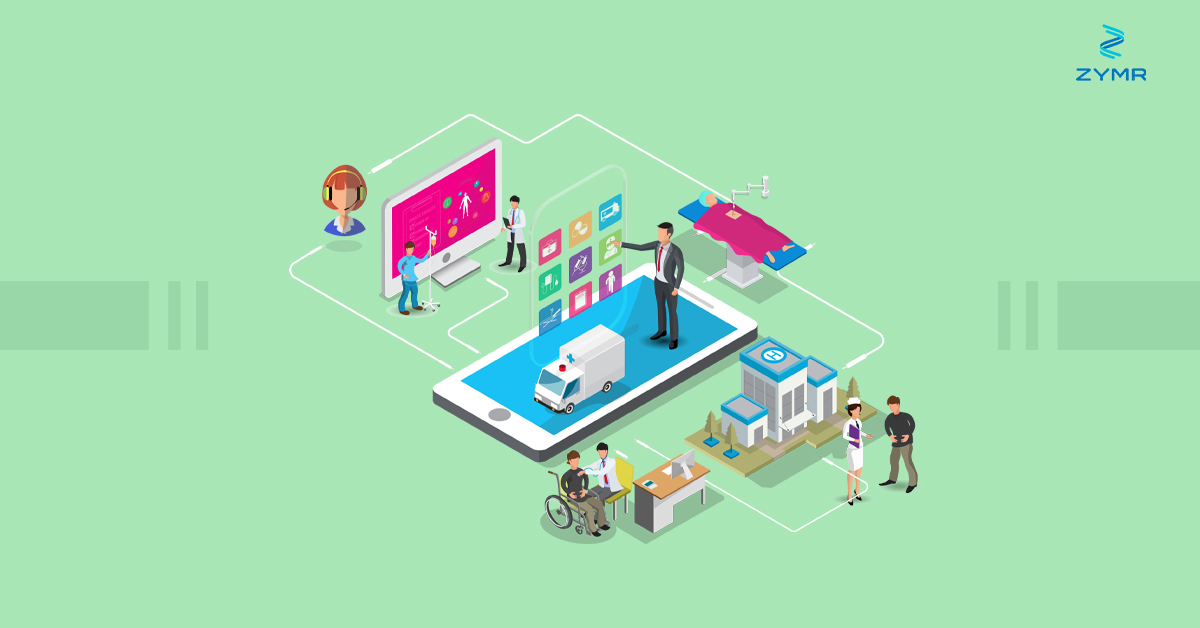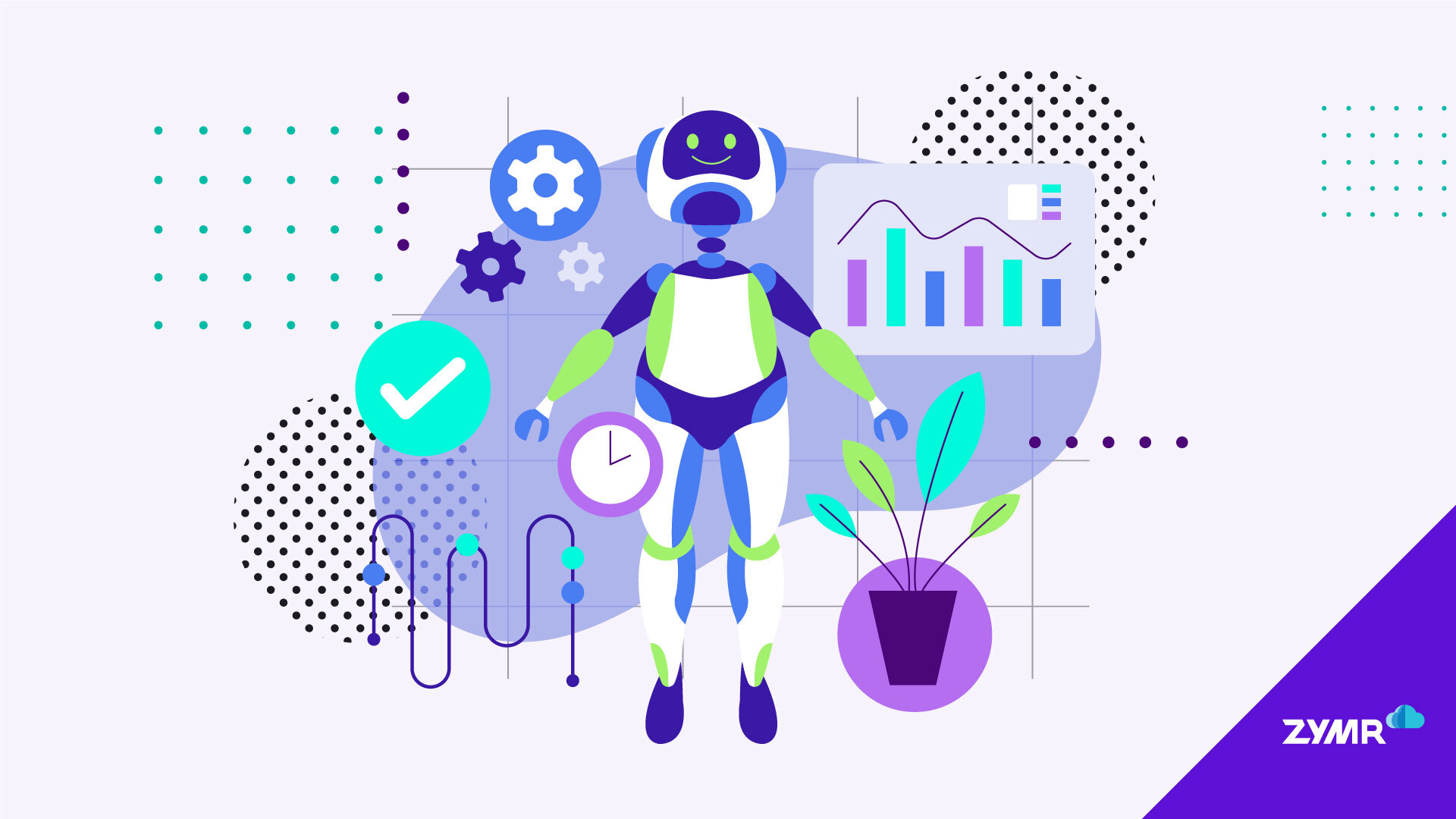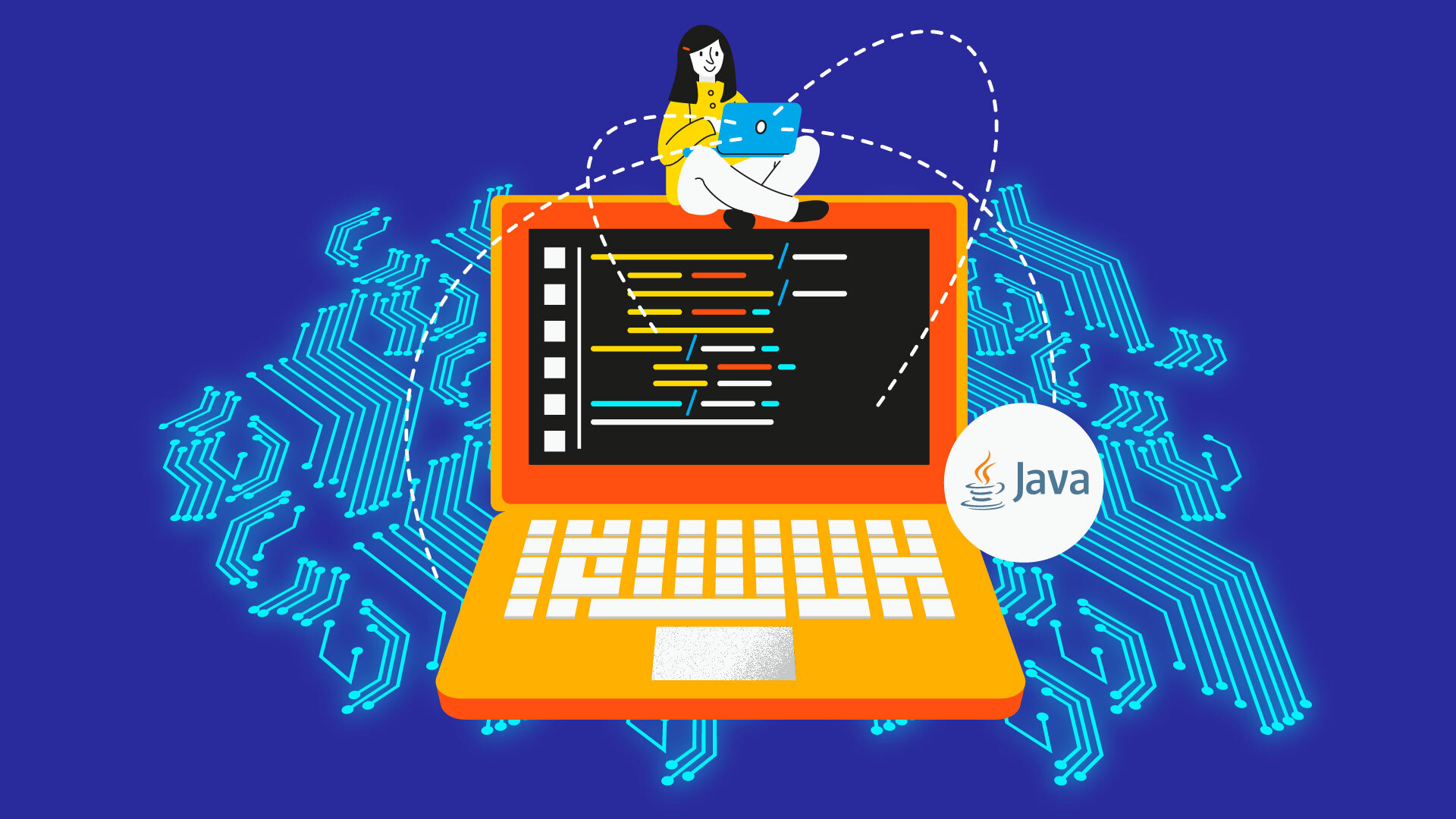Three Major HealthTech Trends Poised To Transform The Healthcare Domain in 2021

“As we are heading towards 2021, it would be quite interesting to witness how incredibly healthcare is embracing digital transformation. Innovation in healthcare is expected to drive health outcomes, which is why the focus will be on quality and accessibility.” The positive role of tech trends shaping up healthcare is fairly noticeable in this day and age. The rapid evolution of digital healthcare technologies like the Internet of things, cloud computing, artificial intelligence, machine learning, big data, telehealth, telemedicine, wearables, robots, and nanotechnology play a game-changing role in converting HEALTHCARE to HEALTHTECH. Moreover, it’s evident that the buzz around HealthTech isn’t going to fade away in the coming years; rather, the focus would be on strengthening the domain further. Without wasting any time, let's dive in to explore the leading technologies that are reshaping the healthcare domain.
- Security and Agility in Healthcare - Internet of Things (IoT) and Cloud Computing
Marketsandmarkets reported that the market for healthcare cloud computing is expected to grow from USD 28.1 billion in 2020 to USD 64.7 billion by 2025. Medical data has always been prone to security vulnerabilities among identity thieves and cybercriminals. Sensitive data should be kept safe from falling prey to the wrong hands. Cloud technology protects against the data breaches that are widely happening in the healthcare industry. Security is paramount as the stakes of an occurrence of a breach in the networked system are high. Software-as-a-service (SaaS) is gaining popularity in healthcare to enhance the accessibility of software without the need to run applications on data systems. Data is getting bigger and better. IoT, with its network of connected devices, is taking the healthcare world by storm, and it has become an integral part of cloud computing. The impact of IoT and cloud computing can potentially transform the quality of life for billions of people around the globe.
- Agility and Precision for Smart Healthcare Industry - 5G, Artificial Intelligence (AI), Machine Learning (ML), and Robotics
The debut of 5G can transform healthcare by improving patient experiences with customized, proactive and preventative care, and remote treatment facilities. AI algorithms can redesign and advance healthcare by providing critical inferences on medical records, formulating treatment plans, and effectively analyzing diseases like cancer. Robots are expected to deliver promising results in healthcare. AI-driven robots can enhance accuracy and precision, improve diagnosis, and augment human abilities.(Read More on Cloud Computing in Health Care – Advantage & Benefits of Cloud Computing)
- Immersive Experiences in Healthcare Industry - Augmented Reality, Virtual Reality, and Spatial Computing
Augmented Reality (AR) and Virtual Reality (VR) technologies provide immersive experiences that help medical practitioners educate their patients. AR prepares medical students for real-life operations, provides a virtual depiction of the human anatomy without actually working on real bodies, and helps surgeons enhance their capabilities. VR helps in practicing procedures as it allows surgeons to perform actual surgeries more accurately and with precision. It can improve hospital experience by assisting them in getting through the pain associated with operations like gastrointestinal, neurological, cardiac, post-surgical, and labor and provide insights through studying 3D tumors with a VR program. Immersive technologies can lower down patients’ anxiety by enhancing their hospital experiences. Spatial computing is evolving in the healthcare domain by enhancing surgical planning, promoting health education, and improving patient consultation with medical practitioners. Medical experts use spatial computing to track diseases and map critical information. Bringing the real world and the digital world together can strengthen and streamline the healthtech domain.Let’s Summarize - Digital technologies can help healthcare in,
- Creating a sustainable healthtech system,
- Assimilating medical reports and data management,
- Collaborating medical practitioners and patients together,
- Providing robust, and effective solutions to treat diseases,
- Enhancing precision and agility in operations and surgeries,
- Optimizing the patients’ experiences in hospitals with robotics,
- Improving the quality of human lives.
Are you Looking for Top-notch HealthTech Services to Take a Leap?Zymr has delivered solutions serving the needs related to patient apps, clinical apps, EHR integration, health analytics, healthcare IoT in healthcare. Experience unmatched data mobility, and enable collaborative patient care with our cutting-edge HealthTech services and solutions. Our HealthTech services include the development of the patient and clinical apps, healthcare data analytics and reporting dashboards, IoT-based apps for HDOs and patients, and app integration with EHR of Healthcare Delivery Organizations. Manage healthcare data infrastructure and minimize interoperability issues with Zymr.Contact our team to know more about our HealthTech services!




.jpg)

.svg)
.svg)
.svg)
.svg)
.svg)
.svg)